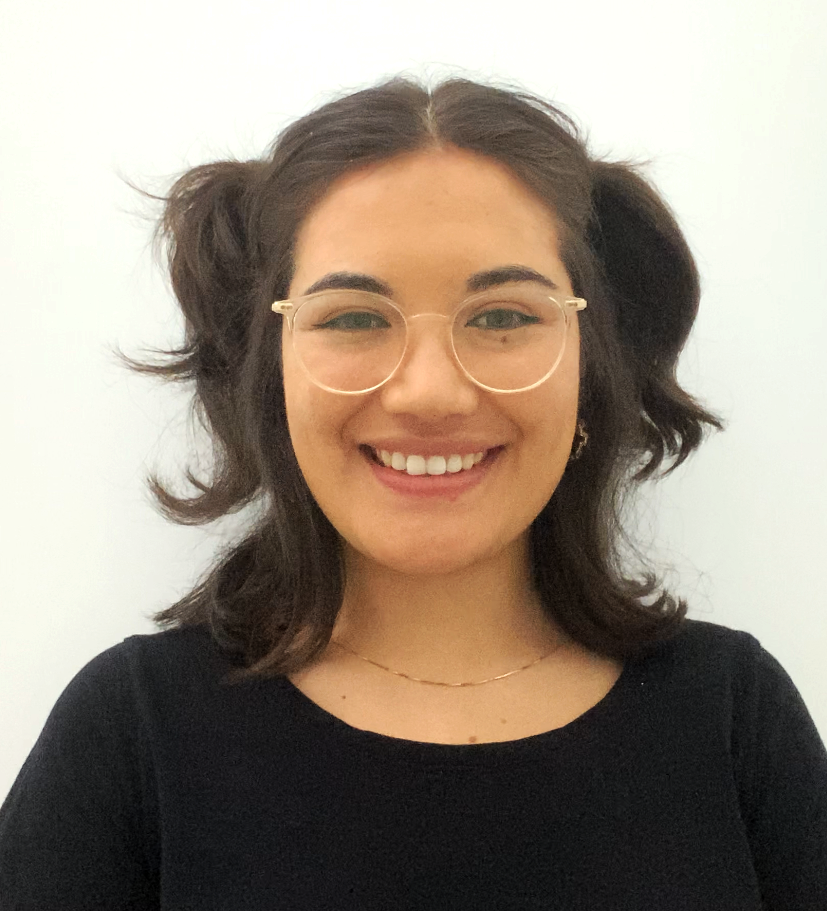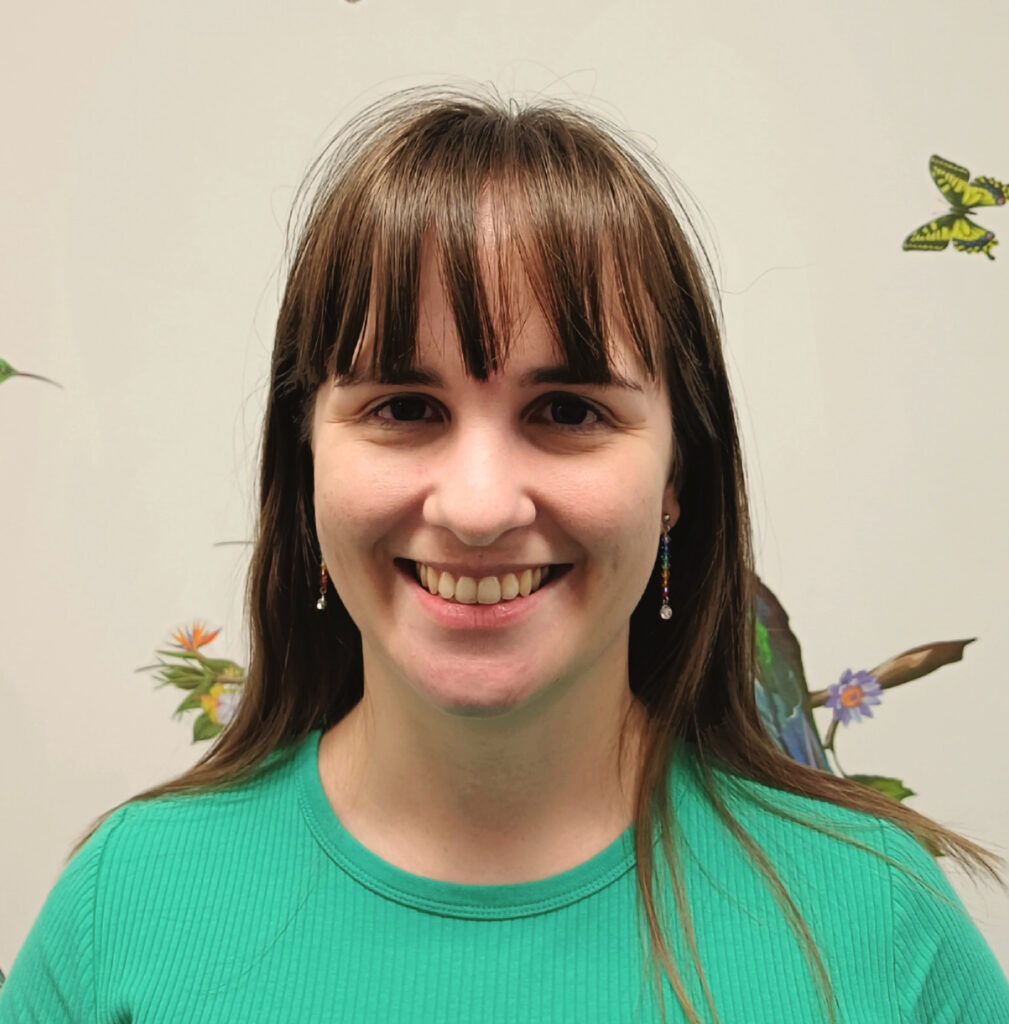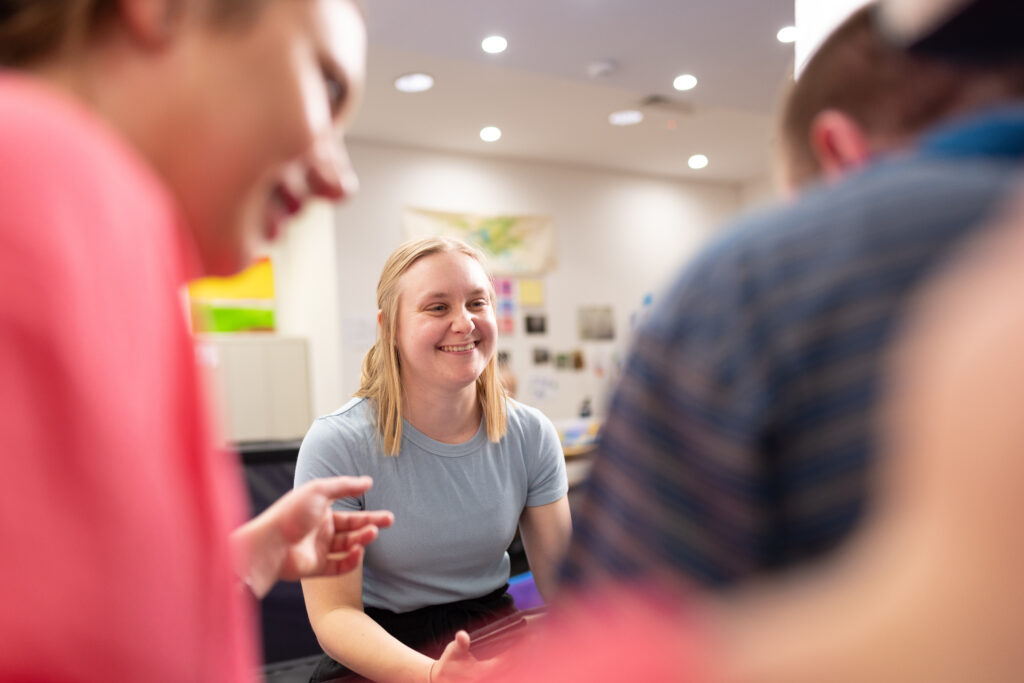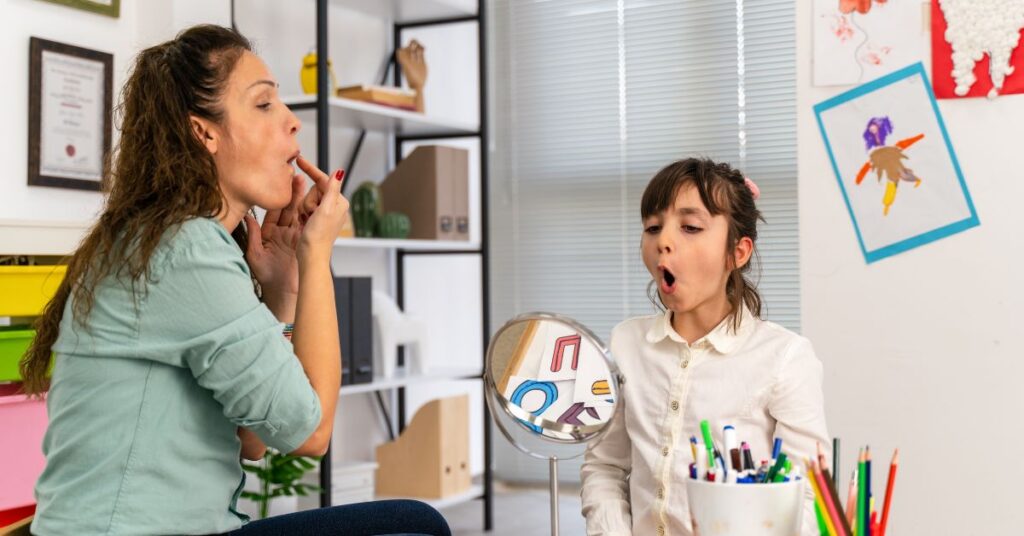Valuing our people for their differences: embracing neurodiversity
Early Start Australia understands the value of creating a supportive environment for neurodivergent employees.
In Australia, 1 in 25 people are neurodivergent.
Despite growing awareness, workplace environments often continue to overlook the needs of neurodivergent employees.
Neurodiversity refers to the natural variations in how people think, process information, and experience the world. It encompasses conditions such as autism and autism spectrum disorders, ADHD, ADD, dyslexia, dyspraxia, and dyscalculia.
While the concept of neurodiversity is gaining traction, many employers are only beginning to recognise these differences as strengths rather than deficits. This shift in perspective is crucial—not only for fostering inclusivity but also for identifying where thoughtful accommodations can empower all employees to thrive and contribute meaningfully.
Early Start Australia grads share their experience
For Kyra Lakau-Little and Jo Woolcock, graduate speech pathologists at Early Start Australia (ESA), beginning their careers in a workplace that embraces neurodiversity has been a transformative and empowering experience. After navigating previous placements in environments that were less accommodating of their neurodivergent needs, joining Early Start Australia has provided a much-needed boost in confidence and a renewed sense of belonging.
We spoke to Kyra and Jo, along with some of our experts across ESA, to find out what creates a positive and safe environment for neurodivergent employees.
A welcoming and supportive team
The value of a welcoming and supportive team cannot be overstated.
Kyra (pictured below) was initially cautious about disclosing her neurodivergence to her new team, but once she did find the courage to share, the response was incredibly warm and supportive.

“When I did feel comfortable enough to share, my colleagues let me know how wonderful it was that I was neuro-divergent, and how valuable I am to my clients and the team.”
Kyra’s leaders also supported her with tailored adjustments, including providing a cosy beanbag for note taking, making adjustments to alleviate sensory discomfort, and prioritising one-to-one meetings to ensure Kyra was clear on priorities and had the opportunity to ask questions directly.
Language matters
Inclusive language has been a key part of Jo’s positive experience at Early Start Australia, which she feels comes naturally to her team and leaders across the business.
Jo (pictured below) believes that stigmatised language is often used in the healthcare industry but acknowledges that truly inclusive workplaces speak in a more collaborative way that helps put people with neurodiversity as ease.

“The language used can have a huge impact on someone who is already sensitive to how they fit in at work. I’ve experienced workplaces where the language has been ‘you’ and ‘you’re’. At ESA, there’s focus on the ‘we’ and any issues that arise as ’that’. The difference it makes is huge.”
Flexibility leads to balance
Early Start Australia recognises the need for a balance between structure and flexibility and has a culture that offers personalised ways of working and clear boundaries.
This means that Kyra and Jo can schedule their work to better suit their needs, with Kyra observing:
“As someone who struggles to organise my time, and balance life to avoid feeling overwhelmed, having the option to sleep a little later and to work part-time has really helped me balance work and life. I know not all workplaces allow such flexibility, so I feel very fortunate and supported.”
Embracing diverse learning styles
ESA has fostered a culture that embraces diverse learning styles and working methods across its teams nationwide, recognising that each individual learns and contributes in their own unique way. This inclusive approach has been a key factor in making Kyra and Jo’s experience so positive and affirming.
One common trait among some neurodivergent individuals is a heightened ability to focus deeply on tasks that genuinely interest and engage them. This means that learning is often most effective when activities are tailored to align with their passions and strengths—an insight that ESA has thoughtfully integrated into its workplace practices.
The variety of work on offer and the breadth of Early Start Australia’s client-base, along with the opportunity to work with them in a range of settings – homes, schools, and clinics – helps to create a more dynamic and interesting workplace, which enriches Kyra and Jo’s professional growth, and deepens their connection with clients, fuelling their passion to develop as clinicians.
Kyra and Jo’s experience demonstrates the transformative power of neurodiverse affirming workplaces.
Through a combination of support, flexibility, and a commitment to embracing diverse perspectives, ESA has paved the way for individual growth and collective success.
Click here to download our guide on how to create a neurodiverse affirming workplace.
Early Start Australia is a part of the APM Group, which globally now supports more than 2.1 million people of all ages to live a better quality of life.
As a Top 75 Graduate Employer in Australia, we have exciting opportunities for allied heath grads in ESA and beyond.
Learn more about where our Allied Health Graduate Program could take you.









